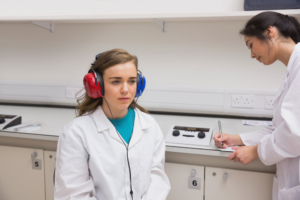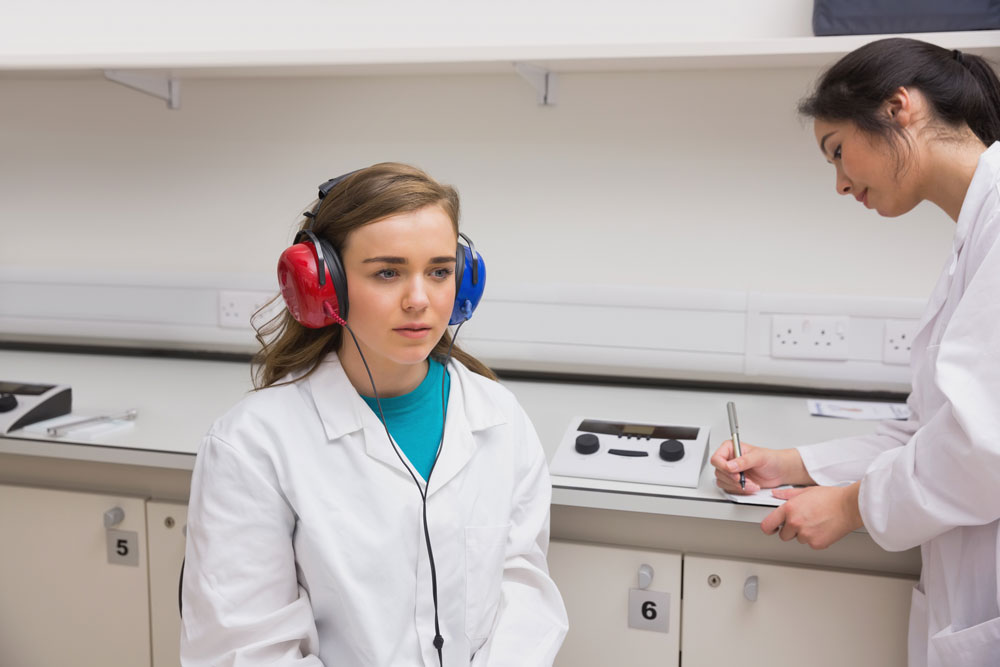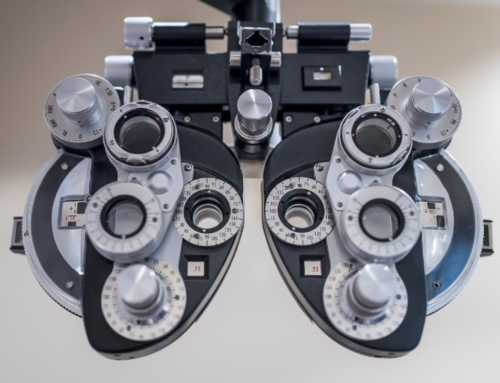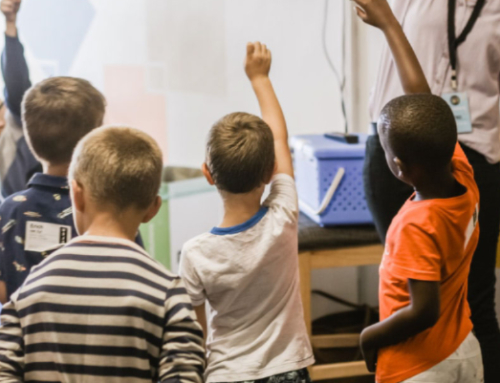 Schools provide a lot of beneficial services to children. From core classes to extracurricular activities, students get support in a wide variety of fields. However, one often underrated area of support schools provide is sensory screening. Annual vision and hearing screenings are absolutely crucial, especially for young children. With 20% of teenagers having some level of hearing loss today, we’ve seen a 30% increase in hearing problems from in the 1980s and 90s. Because of this, it’s important to catch hearing problems early on. This article is going to provide a brief overview of hearing loss in children and how sensory screening in school can help.
Schools provide a lot of beneficial services to children. From core classes to extracurricular activities, students get support in a wide variety of fields. However, one often underrated area of support schools provide is sensory screening. Annual vision and hearing screenings are absolutely crucial, especially for young children. With 20% of teenagers having some level of hearing loss today, we’ve seen a 30% increase in hearing problems from in the 1980s and 90s. Because of this, it’s important to catch hearing problems early on. This article is going to provide a brief overview of hearing loss in children and how sensory screening in school can help.
First, let’s talk about the two main types of hearing loss: conductive and sensorineural. Conductive hearing loss can be caused by blockage of sound to the inner ear. This is commonly seen in children who experience ear infections and is treatable when caught early. Sensorineural hearing loss occurs when the inner ear is damaged. This type of hearing loss is usually permanent and generally exists at birth.
No matter the type of hearing loss, the level of hearing loss a person experiences can range from mild to profound. It’s important to note that hearing loss can progress over time, which is why regular sensory screenings are so important.
Health screenings at school can help detect hearing loss and prevent further loss from occurring. With younger children, both hearing and vision screening should be done on a regular basis because this is when problems often arise. But as people age, they can generally tell when something is wrong on their own. However, regular sensory screenings are beneficial to catch any undetected problems.
School nurses are trained to conduct these health screenings for all students. This is important because parents don’t always take their children to the doctor to receive these tests like they should. If they aren’t done, there’s a risk that something could be wrong with the child’s hearing that goes undetected. Left untreated long enough, and it may grow into a permanent hearing loss condition.
This is why it’s so important for schools to conduct these hearing screenings. Without these services, many more children could develop serious hearing issues. These services are truly valuable to all students and their families.






